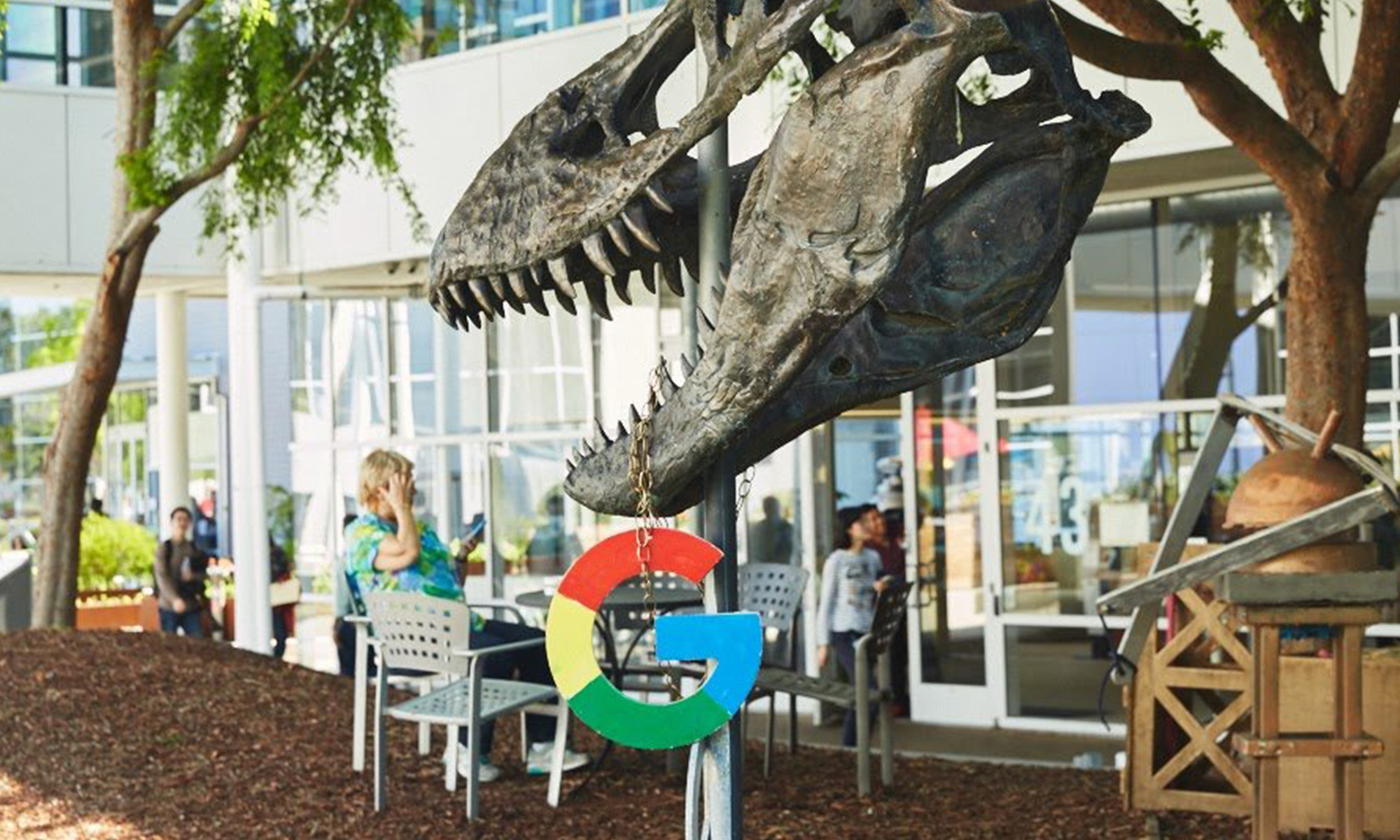In a move to bolster its advertising presence, Facebook (FB 0.77%) is reportedly in talks to acquire Microsoft's (MSFT 1.14%) ad-serving business, Atlas. From a strategic point of view, this deal makes a whole lot of sense for both parties. It would allow Facebook to be taken more seriously by marketers and would let Microsoft shed nonessential assets so it can better focus on its efforts to expand the presence of its freshly minted Windows 8 ecosystem.
Prove its worth
One of Facebook's key priorities is to get marketers to place a higher value on its platform. To build this trust, Facebook has been working to improve its ad analytic technology to better measure the effectiveness of a marketer's ad campaign. This is extremely important for Facebook's business because the conventional "click" doesn't do its platform justice. During its most recent conference call, COO Sheryl Sandberg divulged that 99% of users who saw an ad on Facebook didn't click it prior to making the purchase. As a whole, ad measurement is a relatively new thing for Facebook and the purchase of Altas would align well with developing new performance metrics.
Hints of an external ad network
Last September, Facebook tested the functionality of a third-party ad network to rival Google (GOOG +1.64%) AdSense, but later shelved the effort in order to fully focus on monetization of its mobile platform. Longer term, it's all but certain Facebook will create an ad network that's external to the Facebook platform, ultimately giving itself more opportunities to work with marketers outside of its core ecosystem. Atlas will give Facebook the experience necessary to make this dream a reality.
The sincerest form of flattery
There's a race going on between Facebook and Google, in which Facebook is working to become more like Google before Google can become more like it. For Facebook, it means driving improvements to the experience for not only the user, but also the marketer. A key area to this race comes down to which company can better monetize mobile for advertisers without detracting from the user experience. Surprisingly, Facebook has the early lead because it was first to invent the holy grail of mobile advertising, but don't get too excited just yet. The race will be painstakingly long and Facebook needs a more robust advertising backend for marketers to take it seriously. Atlas is just what Facebook needs to make this happen.








